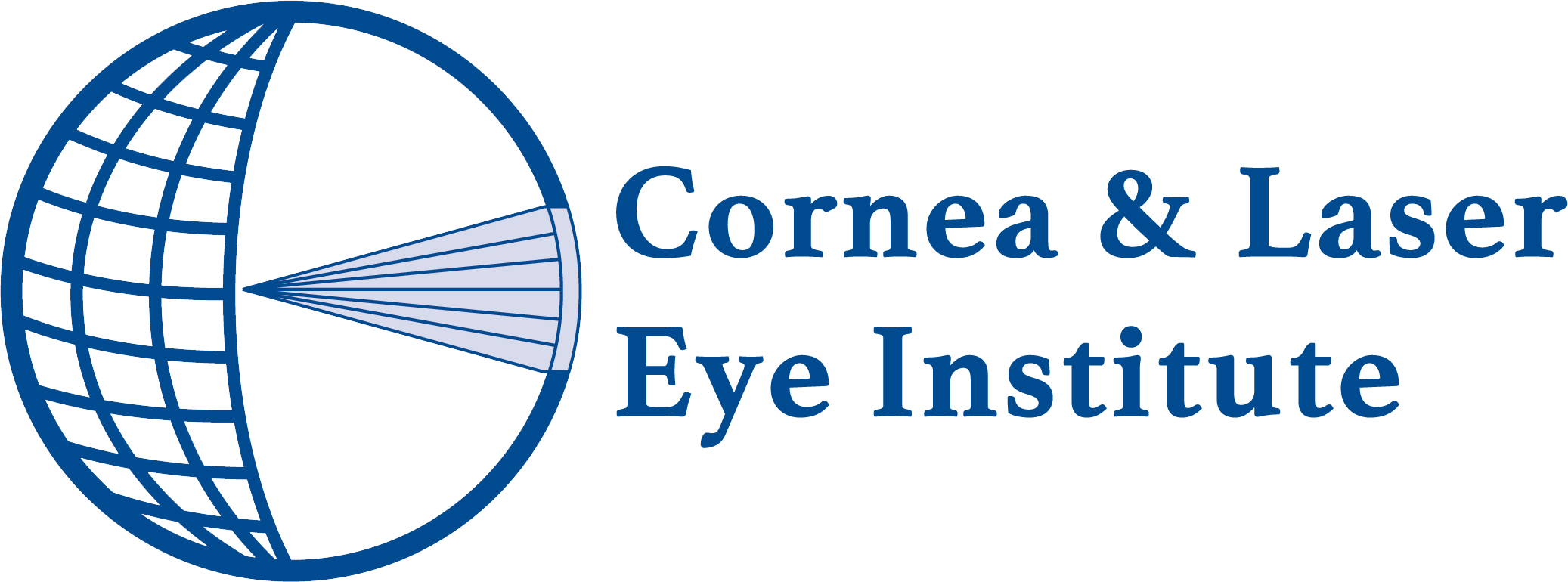
We always do our best when it comes to protecting our skin, but not enough of us take the same care to protect our eyesight. Protecting your eyesight is incredibly important and essential if you hope to have good quality vision as you age. Many people don’t realize that vision loss can be progressive, and if you don’t take care of your eyesight while you are young, the risks of developing eye-related conditions increase significantly as you get older.
Understanding the Importance of Eye Health
Your eyes are one of your most vital organs, helping you navigate the world, interact with others, and enjoy life’s moments. However, they are often neglected when it comes to preventative care. Poor eye health can lead to issues like blurry vision, increased sensitivity to light, or even more severe conditions such as cataracts and glaucoma. Many eye conditions develop gradually, which means that by the time symptoms appear, significant damage may have already occurred.
To avoid these problems, you must take proactive steps to ensure that your eyes remain in good health. Here are four key things you can do to protect your eyesight and maintain optimal vision for years to come:
1. Avoid Digital Eye Strain
Screens are everywhere, from our computers at work to our smartphones and televisions at home. As a result, it can be difficult to avoid prolonged screen exposure. Staring at screens for long periods can lead to what is known as “digital eye strain.” This condition can cause symptoms such as dry eyes, headaches, blurred vision, and even difficulty focusing on objects at a distance. So, how can you protect your eyesight from computer screens?
One simple yet effective way to reduce digital eye strain is to follow the “20-20-20 rule.” This means that for every 20 minutes spent looking at a screen, you should take a 20-second break to look at something 20 feet away. This allows your eyes to rest and readjust, reducing strain and discomfort. Additionally, adjusting your screen brightness, increasing font size, and using blue light filters can also help minimize eye fatigue.
2. Exercise Proper Contact Lens Usage
If you wear contact lenses, practicing proper hygiene and care is crucial to preventing infections and other complications. Many people make the mistake of leaving their contact lenses in overnight or failing to clean them properly, which can lead to serious eye infections and discomfort.
To keep your eyes healthy, always follow these essential contact lens care tips:
- Remove your contact lenses before sleeping to prevent infections.
- Clean your lenses using only contact lens cleaning solution; never use tap water, saliva, or other substances.
- Replace your contact lenses as recommended by your eye doctor.
- Wash your hands before handling your lenses to avoid transferring bacteria to your eyes.
Failing to follow proper contact lens hygiene can lead to severe infections, some of which can permanently damage your eyesight. Keep in mind that vision correction surgery like LASIK eliminates the need for contact lenses, giving you sharp vision and making contact lens hygiene a non-issue.
3. Get Your Eyes Checked Regularly
Regular eye exams are essential for detecting eye diseases early, maintaining clear vision and ensuring that your prescription stays up to date as your eyes change over time. From childhood myopia progression to the onset of presbyopia in middle age and the potential for cataracts later in life, vision milestones require ongoing care and adjustments.
For those who rely on glasses or contact lenses, routine exams help prevent unnecessary strain by ensuring the most accurate prescription. If you’ve had vision correction surgery, regular check-ups are still important to monitor long-term eye health. Staying proactive with eye exams ensures that your vision remains sharp and that any necessary treatments are adjusted to meet your evolving needs.
4. Utilize Eye Protection
Eye injuries are more common than many people realize. Millions of eye injuries occur in North America every year, and many of these injuries could have been prevented with proper eye protection. Activities such as sports, home improvement projects, and gardening can pose risks to your eyesight if the necessary precautions are not taken.
To protect your vision, always wear protective eyewear that meets ANSI-approved safety standards. Safety goggles, face shields, and UV-protective sunglasses can all help safeguard your eyes from potential hazards.
- Sports: High-impact sports such as baseball, basketball, and racquetball can lead to eye injuries from fast-moving balls or accidental contact with other players. Wearing protective sports goggles can prevent serious injuries.
- DIY Projects: Whether you are working with power tools, chemicals, or even gardening equipment, flying debris or accidental splashes can cause severe eye damage. Protective eyewear ensures that your eyes remain safe.
- Sun Protection: Ultraviolet (UV) rays from the sun can contribute to cataracts and other eye conditions over time. Wearing sunglasses with 100% UV protection helps shield your eyes from harmful radiation.
If you frequently engage in these activities, vision correction surgery like LASIK or PRK can offer greater flexibility when it comes to eye protection. Many people find it challenging to wear protective eyewear over prescription glasses or to find prescription safety goggles and sunglasses that fit comfortably. Even contact lenses may not always be practical in work environments, at the beach, or by the pool. Vision correction surgery eliminates the need for prescription eyewear, allowing you to choose from a wider range of protective options without compromising comfort or safety. While eye protection remains essential, especially for sports, DIY projects, and sun exposure, vision correction surgery can make it easier and more convenient to safeguard your eyes in any environment.
Additional Tips for Maintaining Healthy Vision
While the four main strategies listed above are essential, there are additional steps you can take to support long-term eye health:
- Eat a Nutrient-Rich Diet: Foods rich in vitamins A, C, and E, as well as omega-3 fatty acids, can promote healthy vision. Leafy greens, carrots, fish, and nuts are all excellent choices.
- Stay Hydrated: Proper hydration helps prevent dry eyes and supports overall eye function.
- Manage Chronic Conditions: Diseases like diabetes and high blood pressure can impact eye health. Proper management of these conditions reduces the risk of complications like diabetic retinopathy.
- Avoid Smoking: Smoking increases the risk of cataracts, macular degeneration, and other eye diseases. Quitting smoking can significantly improve your eye health.
Conclusion
Your eyesight is precious, and taking steps to protect it should be a priority. By reducing digital eye strain, practicing proper contact lens hygiene, scheduling regular eye exams, and wearing appropriate eye protection, you can greatly reduce your risk of developing vision problems as you age. Additionally, maintaining a healthy diet, staying hydrated, and avoiding harmful habits such as smoking further contribute to preserving your eyesight.
Don’t take your vision for granted—start implementing these habits today to ensure a lifetime of healthy eyesight. Overdue for a checkup? Schedule an appointment with us today!



